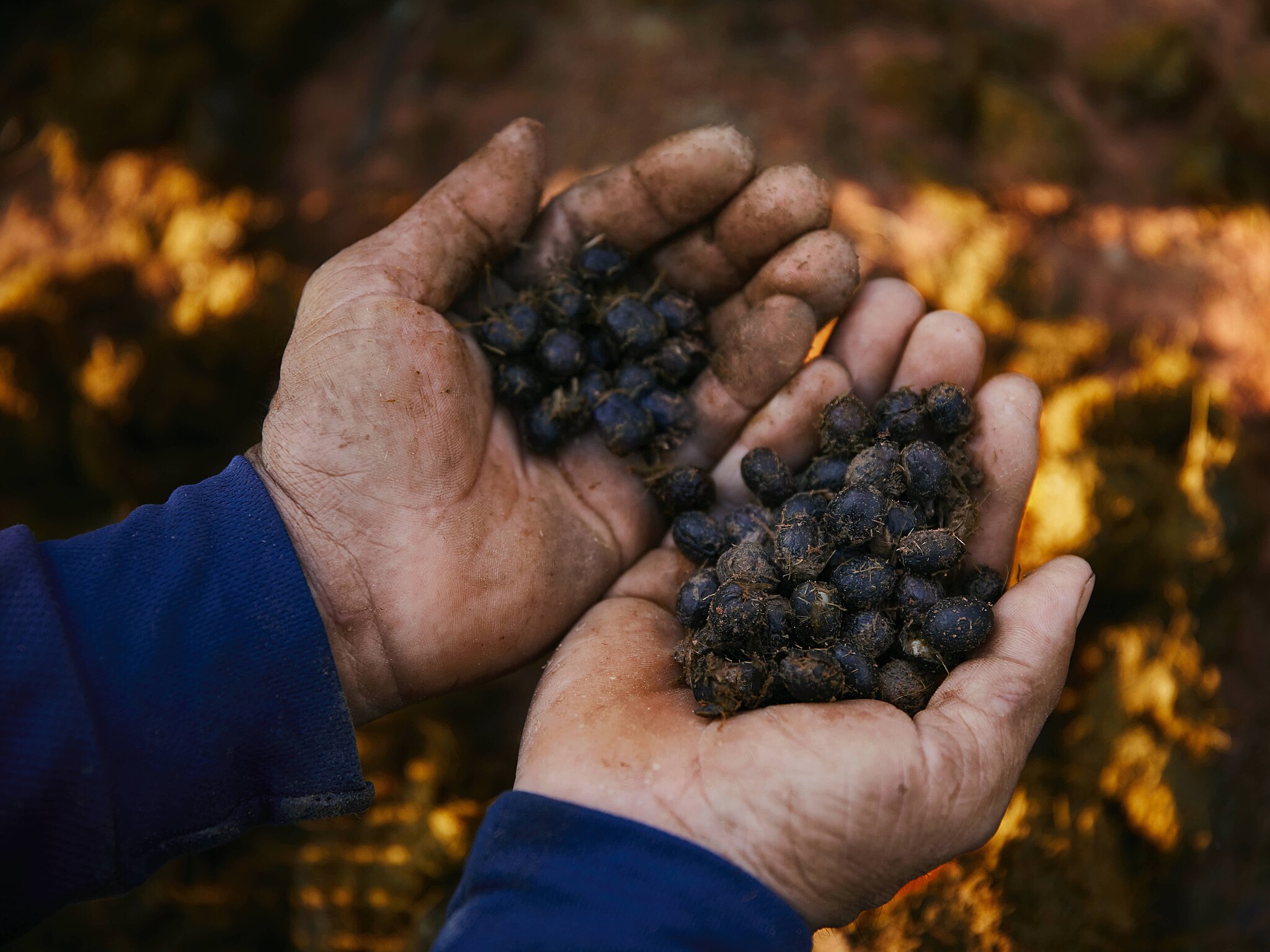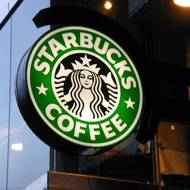Starbucks' Sustainable Solution: Coffee Seeds Built for Tomorrow's Climate
Posted by Stelios on 4th Oct 2023 Reading Time:
Starbucks has embarked on a groundbreaking venture to preserve the future of coffee, a beverage deeply rooted in global culture. Through its pioneering research, Starbucks has unveiled six new varieties of coffee seeds designed to withstand climate change, addressing the alarming vulnerability of the arabica bean, which constitutes a staggering 70% of worldwide coffee production.

Coffee Facts
|
With a coffee consumption rate of approximately 517 million cups daily, the US witnesses the average American indulging in three cups daily. Yet, this beloved beverage is at risk as climate change wreaks havoc, exposing coffee crops to diseases, droughts, and erratic weather conditions.
Developed through over a decade of meticulous research and rigorous testing by Starbucks' dedicated agronomy team, these innovative seeds are a beacon of hope for coffee enthusiasts everywhere. They are naturally resistant to the menace of coffee leaf rust and the impacts of our changing climate while not compromising on either taste or yield.
The seeds were nurtured to fruition at Hacienda Alsacia, Starbucks' esteemed research and development hub in Costa Rica. This establishment plays a pivotal role in understanding the multifaceted challenges encountered by coffee farmers and championing sustainable farming practices. The Starbucks agronomy team, since 2005, has been tirelessly experimenting with tree breeding, aiming to cultivate coffee trees that are not just more productive but also resilient against external threats. They have notably refined hundreds of hybrids and varietals during this period.
 Image Source: Mike Mozart from Funny YouTube, USA, CC BY 2.0, via Wikimedia Commons
Image Source: Mike Mozart from Funny YouTube, USA, CC BY 2.0, via Wikimedia Commons
Arabica, unlike its counterpart robusta, is favoured for its smooth and less acidic flavour profile, enriched with fruity undertones. While Starbucks exclusively uses arabica for its almost 37,000 outlets globally, this particular bean's sensitivity to temperature fluctuations renders it susceptible to premature ripening and potential crop loss.
Sarada Krishnan, an experienced coffee scientist and grower, stresses the importance of developing climate-resilient coffee varieties. Arabica's limited genetic diversity makes it prone to diseases like coffee leaf rust, a devastating fungus that thrives in warmer, wetter conditions. Farmers, mainly smallholders, can lose their entire yearly income to this disease. Krishnan herself, an arabica coffee farm owner in Jamaica, is all too familiar with the repercussions of this disease.
However, there's a glimmer of hope as Starbucks' newly-developed arabica seeds have been specifically cultivated to combat this leaf rust. Initial tests have showcased their capability to produce higher yields in comparatively shorter durations. Starbucks further highlighted its dedication to ensuring the longevity of coffee, emphasising its responsibility throughout the entire supply chain, from the dedicated farmer to the ardent coffee drinker.
Starbucks offers its pioneering, climate-resilient coffee tree varieties, free of charge, to global farmers. These farmers are under no obligation to sell their produce exclusively to Starbucks. As a testament to Starbucks' commitment, it has distributed three million climate-resistant seeds annually over the past five years to various countries, aiding their local farmers.
On the occasion of Global Coffee Week, Starbucks emphasised its unwavering commitment to the future of coffee. This encompasses the invaluable contributions of the agronomists at Hacienda Alsacia, their expansive Farmer Support Centers, and their ambitious environmental goals, with aspirations of achieving carbon-neutral green coffee and reducing water usage in green coffee processing by 50% by 2030.
 Blake Dinkin - blackivorycoffee, CC BY-SA 4.0
Blake Dinkin - blackivorycoffee, CC BY-SA 4.0
As per the Inter-American Development Bank, for coffee crops to flourish, they necessitate specific temperature, light, and humidity conditions. These conditions are predominantly met within the coffee belt in parts of Latin America. However, by 2050, due to the rising temperatures, there's a plausible threat that the suitable coffee-growing regions might diminish by nearly half. Hence, Starbucks' endeavour to cultivate new arabica varietals designed to adapt to our warming planet is commendable and crucial.
To aid farmers globally, a comprehensive catalogue detailing Starbucks' six revolutionary varietals is accessible at Hacienda Alsacia, serving as an educational and research beacon.
Sources
Day 2: Ensuring a Sustainable, Resilient Supply
Celebrate National Coffee Day with latest data on America's favorite beverage
Our food system isn't ready for the climate crisis
Arabic Coffee Consumption and Its Correlation to Obesity Among the General Population in the Eastern Province, Kingdom of Saudi Arabia
Your Morning Cup of Coffee Is in Danger. Can the Industry Adapt in Time?
Starbucks Developing Climate-Resistant Coffee Tree Varietals
Coffee is in danger. Starbucks is working on solutions
How Starbucks is helping farmers weather climate change

